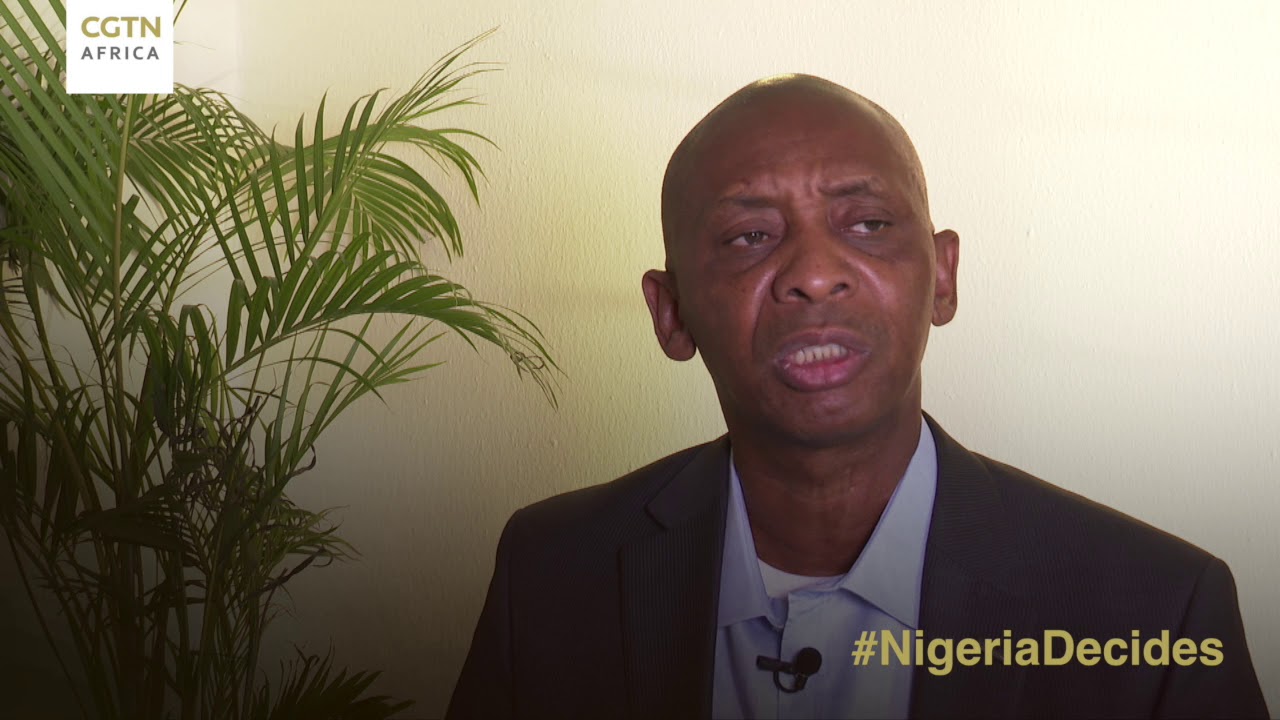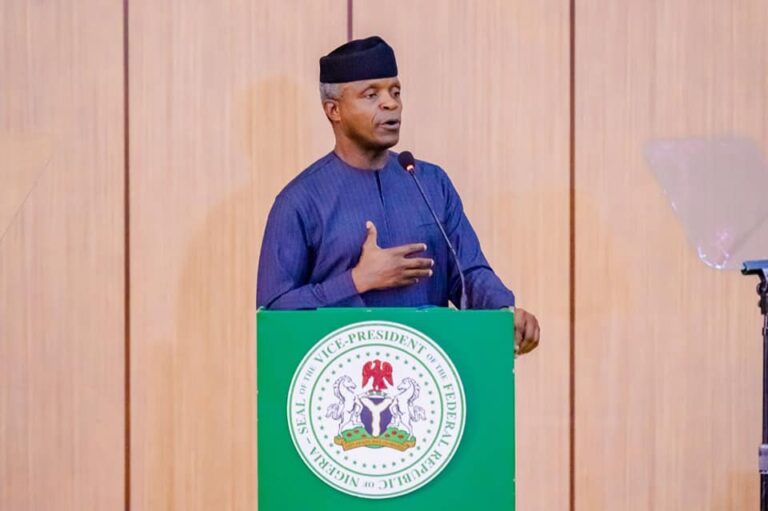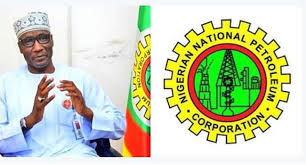Dr Amaechi Matthew Nwaokolo (1961-2021): Exit of a counter-terrorism ideologue

By Theophilus Abbah, PhD
He was not a theatre commander in any of the military’s offensives against Boko Haram or bandits. He was not a member of the Multi-National Joint Task Force battling terrorists in the Lake Chad region. He was not an official of the Ministry of Defense or in the Office of the National Security Adviser. He was not one of the political figures who propagated the government’s successes or lambasted the military in their failed encounters with Boko Haram. No, Dr. Amaechi Nwaokolo had no official designation in the country’s counter-terrorism institutions and strategies. But his name rang a loud, ear-splitting bell, in the country’s efforts to fight and defeat Boko Haram, as he was the go-to analyst for radio, television, print, and social media journalists who sought insight into trends in Nigeria’s war against terror.
Our paths crossed in 1998 when I traveled from Lagos to Abuja, trudging through the muddy streets of the capital city, then under construction, to the Ministry of National Planning to solicit an endorsement of my application for a journalism training programme in New Delhi. Appolonia Adeyemi and I had completed the forms for a six-month Development Journalism course at the Indian Institute of Mass Communication, New Delhi, sponsored by the Non-Aligned Movement. But before we could send the documents to New Delhi for consideration, the National Planning Commission needed to approve our application. Strangely, we spent three days loitering in offices and corridors of the Commission, literally begging staff in the cadre of officers qualified to endorse the document, but we were rebuked and shunned in the ministry because we were not civil servants.
‘Are they not Nigerians?’ Amaechi, then a principal officer, thundered as he challenged his colleagues in the office. ‘Bring the forms here. I will approve them. After the training, they will be useful to Nigeria, yet you’re saying they don’t work for the government.’
Amaechi signed the forms and, in less than five minutes, our three-day frustration evaporated. We returned to Lagos, thanking God.
The training at the Indian Institute of Mass Communication in New Delhi in 1999 made an indelible mark in my journalism career. Most significantly it made Amaechi’s name stick in my memory decades after, such that when I received an unexpected call from him in 2011 as he planned to return to Nigeria from the UK after completing his Ph.D. programme, I didn’t miss it.
Dr. Amaechi didn’t disappoint as he paraded his expertise in National Security, Intelligence, and Counter-Terrorism. His analyses, derived from in-depth studies and constant references to terrorist activities in other parts of the world, blew off ignorance and frustration from his listeners’ ears and minds and beat a path for policy-makers and military strategists. Always on two radio programmes in Abuja, Dr. Amaechi was a co-presenter of ‘Window on Terror,’ which examined contemporary issues and events in the country’s fight against terrorists. Without funding from any local or international body, he sustained this programme for several years. Regularly, he was on the Africa Independent Television (AIT), Ray Power, and other broadcast stations in Abuja, discussing Nigeria’s fight against terror.
And his viewpoints were not chaff which could be blown away by the wind of time. For instance, in one of his outings, he spoke against the military’s crackdown on Shiites in Abuja in 2018. He argued thus “It appears we are not learning from our past mistakes. The security forces have no right to use that maximum force on unarmed protesters, as that might motivate others to radicalize. If we go back to the formative days of Boko Haram, it was the killing of some innocent people that actually galvanized recruitment. That’s how terrorism works.”
On the visa-on-arrival policy of the government, Dr. Amaechi thought it was good for business but bad for Nigeria’s security. He said, “Are we prepared for the implication? There are lots of conflicts in many West African countries. We have to look at the economic benefits, vis-a-vis the security implication. Nations are now realizing that globalization is not beneficial to the security of their countries, and are wanting to secure their borders. But here, we are throwing ours open… Terrorist networks are aiming to establish international cells everywhere. We shouldn’t energize our sleeping cells in Nigeria and aggravate our security problem.”
The late Dr. Amaechi’s perspectives on issues of national security were so apt that one would wonder why the government did not invite him to be part of a strategic committee on counter-terrorism. As a way of contributing his quota to the fight against insecurity, he set up the Imogen and Associates Consultancy Nigeria Limited, which provided specialized training on National Security, Intelligence, and Terrorism in conjunction with Baze University, Abuja. The training attracted participants from security agencies – Department of State Security, Immigration, Customs, Police, Nigerian Army, Nigerian Security and Civil Defense Corps, the National Drug Law Enforcement Agency, and civil society organizations. Apart from this consultancy firm, he was a founding member of the Roman Institute for International Studies in Abuja, and he was an alumnus of J.F Kennedy School of Government of the Harvard University, USA.
At my last meeting with him in December 2020, the late Dr. Amaechi spoke passionately about spreading counter-terrorism knowledge to other parts of Africa. The idea had germinated and grown to a fruitful height as he was in the process of signing a Memorandum of Understanding with the government of Togo to provide facilities for the take-off of a university devoted to security studies. Amaechi argued that terrorism would spread in Africa and would last for decades because the continent lacked the capacity and will-power to deal with it. On the brighter side, he said if the people were enlightened on the manifestations and strategies of terror groups, they would rise against terrorists. But Amaechi’s dream of setting up the university was not to be, as he passed on after a brief illness on Friday, January 16, 2021.
At his graveside at the Christian Cemetery in Gudu District, Abuja, on Friday, January 29, 2021, a man who claimed to be the late Dr. Amaechi’s uncle took mourners through Amaechi’s difficult journey through the wilderness, when he revealed that Amaechi’s mother died on the day Amaechi was born. Of course, with that introductory statement, it was not difficult to sketch out the outline of the suffering Amaechi endured to emerge from the valley to the mountain top. Despite all he was ready to offer to Nigeria, Amaechi left this world unsung, as the authorities ignored the opportunity of tapping into his wealth of knowledge to fight terrorists. He was Nigeria’s John the Baptist, the voice that cried in the wilderness for repentance. But hardly did the people harken to his outcry.
Born in Kano on September 20, 1961, but to Delta State parents, the late Dr. Amaechi studied at the Lagos State University for his first degree and obtained higher degrees in Strategic Studies, International Terrorism, and Political Violence at Aberdeen, Scotland. In his days as a civil servant he worked at the Police Service Commission, National Council on Inter-Government Relations, The Presidency, Office of the Secretary to Government of the Federation, National Planning Commission, and the Ministry of Defence.
May his soul rest in peace.
Dr. Abbah is of the Daily Trust Foundation, Abuja
The Insight Report
Nigeria Coverage



